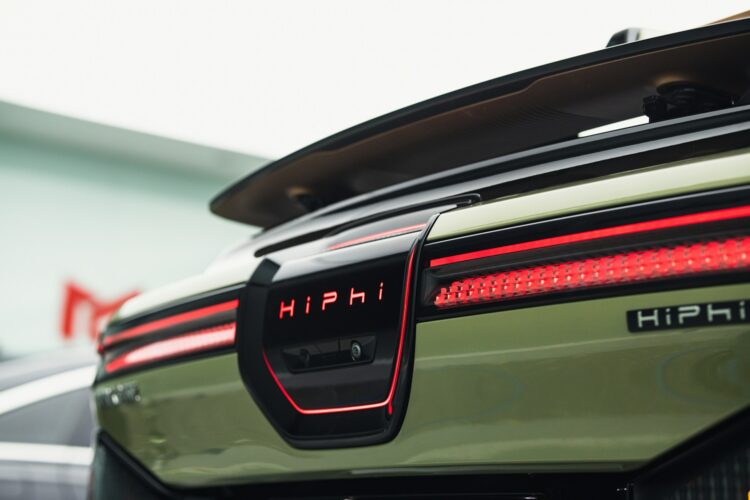Nio, a major player in the Chinese electric vehicle (EV) market, has experienced a slight slump in its stock prices today. Following the European Union’s announcement of tariffs up to 38% on Chinese EV imports, Nio’s shares have been affected. This decision builds on President Joe Biden’s recent move to increase U. S. tariffs on EVs from China by a staggering 400%. Over the past week, Nio’s shares have seen a drop of 7% as investors grapple with these geopolitical changes, with an additional 1% decrease today.
As The New York Times suggests, these tariffs present “another front in escalating trade tensions with China amid growing fears about a glut of Chinese green tech goods flooding global markets.” Chinese EV companies, focusing solely on electrification, pose a notable challenge for their Western counterparts due to their efficiency and lower cost base.
However, these tariffs do not necessarily spell disaster for Nio. The New York Times remark that “several of their European counterparts are deeply entwined in the Chinese market, and their cars produced there will also be subject to the higher tariffs.” High-profile European automakers like Mercedes-Benz have openly criticized the EU’s tariff decision.
The Guardian suggests a logical reasoning behind these tariffs, stating, “[t]he tariffs are aimed at countering the alleged state support handed to China’s car manufacturing industry, which has allowed exported vehicles to be sold at cheaper prices than those of global rivals.”
Furthermore, after a nine-month long probe into alleged unfair state subsidies into Chinese battery electric vehicles, the tariffs have been designed to vary depending on the brand.
These tariffs are set to come into effect from July 4th and will vary in magnitude based on the specific brand being imported into the EU. Chinese firms, though, have been given a window until this date to challenge the EU’s findings, potentially resulting in an adjustment of the rates.
However, the European EV industry’s protection and the prospect of impending retaliation are causing market fears that may further impact Nio’s shares. Chinese foreign ministry spokesperson Lin Jian has voiced concern that these tariffs would hamper China-EU’s economic cooperation and disrupt global supply chains.
Adding to this complexity, European automakers have also raised concerns about this development, introducing a new challenge in the already intricate EV market landscape.
As of the date of publication, the writer does not hold any direct or indirect position in the securities mentioned in this article. The views expressed here are those of the writer.
Let us know what you think. Please share your thoughts in the comments below.









